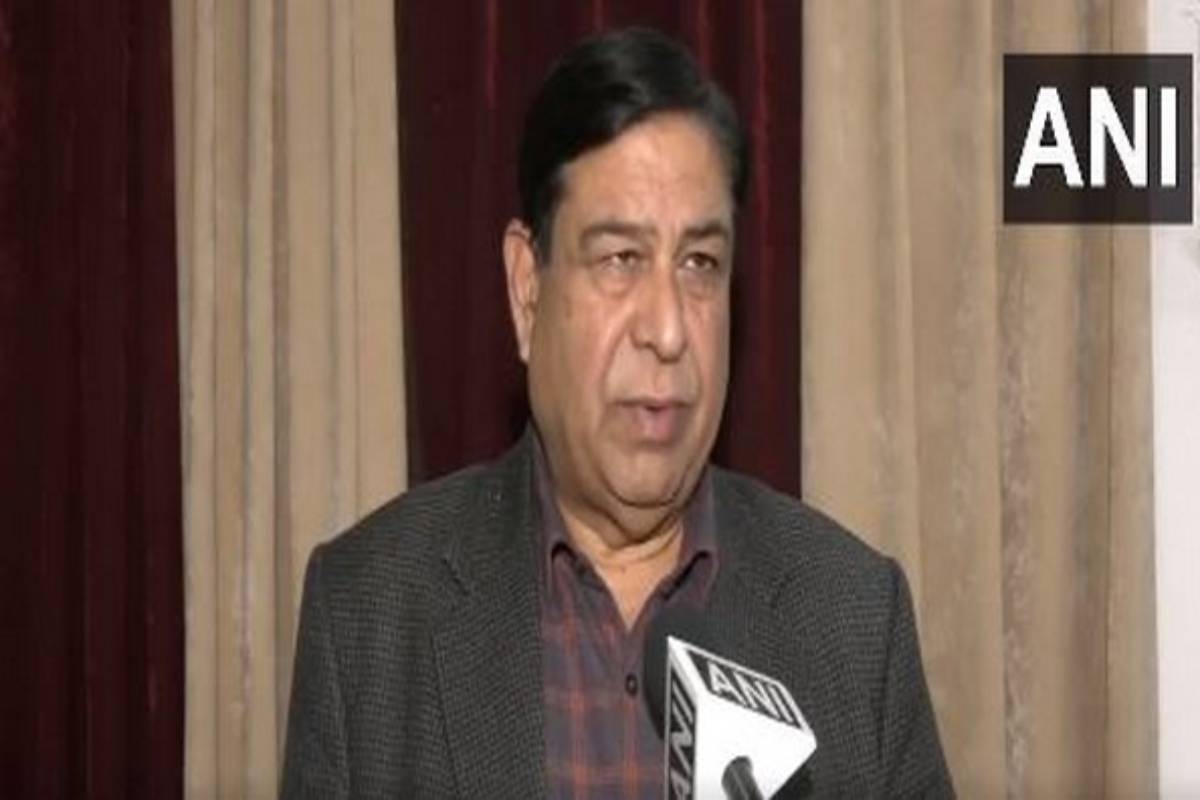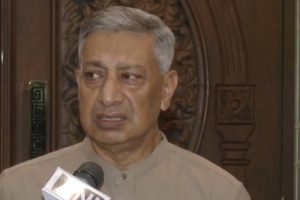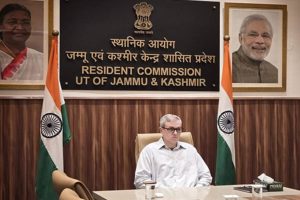With just a few hours before the Supreme Court announces its verdict on Article 370, Congress leader Ravinder Sharma has said that people are expecting a lot from the Apex Court.
Ravinder Sharma told ANI “People are expecting a lot from the Supreme Court and we believe that the SC will rightly uphold the Constitution and the sentiments of the people. All rights of the Jammu Kashmir people which were protected earlier regarding land and jobs, were taken away. The state was divided into two UTs. Elections have not been held for the last five and a half years. People demand early elections and restoration of statehood. We can only comment after the judgement comes. We respect the rule of law.”
The Constitution bench of the Supreme Court will pronounce its verdict on a batch of petitions challenging the abrogation of Article 370 and bifurcation of the erstwhile state of Jammu and Kashmir into two Union territories today.
Five-judge constitution bench comprising Chief Justice of India DY Chandrachud, Justices Sanjay Kishan Kaul, Sanjiv Khanna, BR Gavai, and Surya Kant will pass the judgement.
On September 5, the apex court reserved the judgement after hearing the arguments for 16 days.
The central government had defended its decision to abrogate Article 370, saying there was no “constitutional fraud” in repealing the provision that accorded special status to the erstwhile state of Jammu and Kashmir.
Attorney General R Venkataramani and Solicitor General Tushar Mehta appeared for Centre.
The Centre had told the bench that Jammu and Kashmir was not the only state whose accession to India was through instruments of accession, but many other princely states that too had joined India post-independence in 1947, with conditionality’s and after their merger, their sovereignty was subsumed in the sovereignty of India.
Senior advocate Kapil Sibal, appearing on behalf of the petitioners, had opened the arguments, saying Article 370 was no longer a “temporary provision” and had assumed permanence post the dissolution of the Constituent Assembly of Jammu and Kashmir.
He had contended that the Parliament could not have declared itself to be the legislature of J-K to facilitate the abrogation of Article 370, as Article 354 of the Constitution does not authorise such an exercise of power.
The Central government had defended its decision to abolish Article 370 in Jammu and Kashmir, saying that after the changes, street violence, which was engineered and orchestrated by terrorists and secessionist networks, has now become a thing of the past.
On August 5, 2019, the Central government announced the revocation of the special status of Jammu and Kashmir granted under Article 370 and split the region into two union territories.





